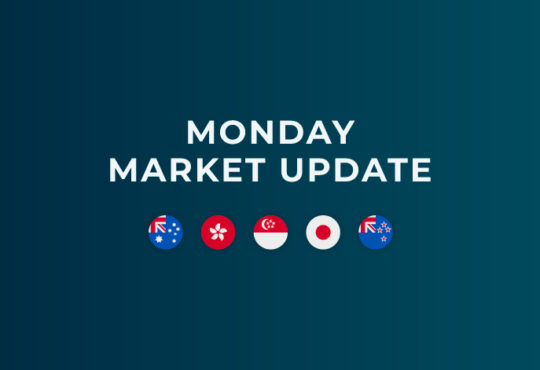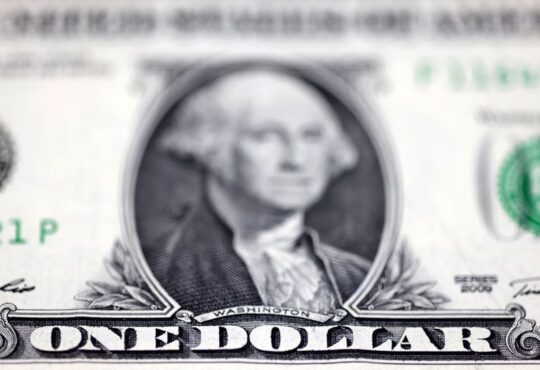
(Updates with comment, refreshes prices at 0836 GMT)
By Kevin Buckland and Amanda Cooper
LONDON/TOKYO, Sept 1 (Reuters) – The dollar was on course to snap a six-week winning streak against other major currencies on Friday, as it headed into a pivotal monthly U.S. jobs report that is likely to shape the path for Federal Reserve policy over the near term.
A drop in U.S. Treasury yields this week after mostly soft economic data sent the dollar to a one-week low against the yen.
However, the greenback held on to gains made against the euro and sterling overnight after officials at the respective central banks struck more dovish postures ahead of policy meetings this month.
Elsewhere, the yuan strengthened after the People’s Bank of China cut forex reserve requirements for the first time in a year.
The U.S. dollar index – which measures the currency against a basket of six others, including the euro, sterling and yen – eased 0.12% to 103.61 on Friday, bringing declines this week to 0.53%. It posted its strongest monthly performance in August in three months, with a gain of 1.7%.
A parade of employment and inflation data has paved the way to the nonfarm payrolls report later on, and much of it has been on the weaker side, leading traders to pare bets for a rate hike on Sept. 20 to 12% from 18% a week ago, according to the CME Group’s FedWatch tool.
“The dollar rally is looking quite tired, with outsized falls in response to what are normally second-tier data releases, raising the danger of a dramatic fall if the first-tier payrolls number is soft,” Sean Callow, a senior currency strategist at Westpac, said.
Economists polled by Reuters expect 170,000 more workers on non-farm payrolls in August. But a flurry of recent employment-related data has suggested the labour market is starting to slow.
Even given that, the uncertainty around the overall outlook will offer the dollar some support, TraderX strategist Michael Brown said.
“I still find it very hard to bet against the dollar. There is a lot out there to make people nervous and jittery and look for safety and also we still don’t know if the Fed are going to hike once more or not,” he said.
Two-year Treasury yields, which are particularly sensitive to rate expectations, have declined about 20 basis points this week to 4.86%, the biggest slide since mid-March.
That has helped push the dollar down against the yen . It slipped by as much as 0.2% to 145.23 yen, bringing its loss for the week to 0.65%.
The euro was little changed at $1.0858 following a 0.74% tumble on Thursday.
European Central Bank board member Isabel Schnabel, a noted policy hawk, said euro-region growth is weaker than predicted just a few months ago, but said rates could still rise further.
ECB Vice-President Luis de Guindos said separately that the central bank is nearing the end of its hiking cycle.
Euro-area data on Thursday showed core inflation fell in August. Expectations for an “upside surprise” had been building after German inflation outpaced forecasts in a reading on Wednesday, said Ray Attrill, head of foreign-exchange strategy at National Australia Bank.
“There’s a little bit of relief there, (which) had an impact in just dampening expectations for a September ECB hike,” he said. “That’s basically what took the bite out of the euro.”
Also on Thursday, Bank of England chief economist Huw Pill highlighted the risk that policy tightening will hurt Britain’s economy, even as he said the central bank will “see the job through” on bringing inflation back to target.
“Pill’s comments appear consistent with another quarter-point turn of the screw on 21 September, but not necessarily thereafter,” Attrill said.
In Asia, the yuan jumped to its highest since Aug. 11 at 7.2392 per dollar in offshore trading, before paring most of those gains.
The People’s Bank of China said it would cut the foreign exchange reserve requirement ratio (RRR) by 200 basis points to 4% beginning Sept. 15, according to an online statement, as it expanded efforts to shore up its embattled currency, which sank to an 11-month trough at 7.3426 in mid-August.
(Additional reporting by Kevin Buckland in Tokyo; Editing by Shri Navaratnam and Andrew Heavens)





